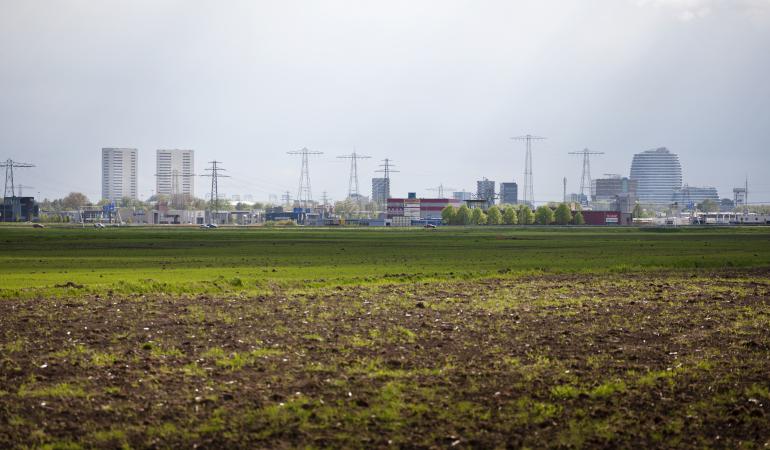
There is concern about the current approach to nitrogen and the proposed measures; these concerns have been expressed in Dutch society as a whole and amongst farmers in particular. RIVM has received many questions over the past few days about the methods used to calculate and measure nitrogen levels.
Doubts have been expressed about the reliability of the model. RIVM provides information and figures for policy and implementation. The information RIVM provides is presented as factually as possible, based on the best scientific knowledge available at that time. We are aware that scientific insights develop over time and may be questioned, and that data can be interpreted in various ways. We consider it important to maintain an ongoing dialogue about that process.
Data and models
Transparency is a very high priority for RIVM. A misconception has emerged that RIVM has allegedly failed to disclose its models and calculations; that is incorrect.
Everything we do is publicly available on the website. All our measurement results and models are available to external parties; everyone can view, access and use them. The only exception is the raw data. Unprocessed measurement data is first subjected to quality assurance. That is how we ensure that the calculations do not incorporate any inaccurate measurements, for example if a sensor has been removed. Moreover, we are not always permitted to provide public access to raw data due to restrictions imposed by licenses, privacy requirements and the security of our network. RIVM is always willing to allow others to view the raw data at our institute.
AERIUS, the set of instruments used to calculate nitrogen levels and determine nitrogen policy, is open-source software and is therefore available for everyone to view and use. The OPS model on which AERIUS is based can also be accessed via the website at www.aerius.nl.
What we know about nitrogen
Nitrogen can have a negative impact on nature. To mitigate the potential impact of excess nitrogen, the Netherlands has undertaken to protect nature reserves that could be harmed by nitrogen. RIVM works with many other knowledge institutes and partners in the agricultural sector to collect information about nitrogen levels in the Netherlands and the potential impact of excess nitrogen on nature. The available knowledge on this topic has been amassed over many years, based on measurements, calculations and research on the distribution of nitrogen in the atmosphere. These findings have been repeatedly assessed and validated by other experts, for example in international reviews. RIVM releases annual updates on current air quality.